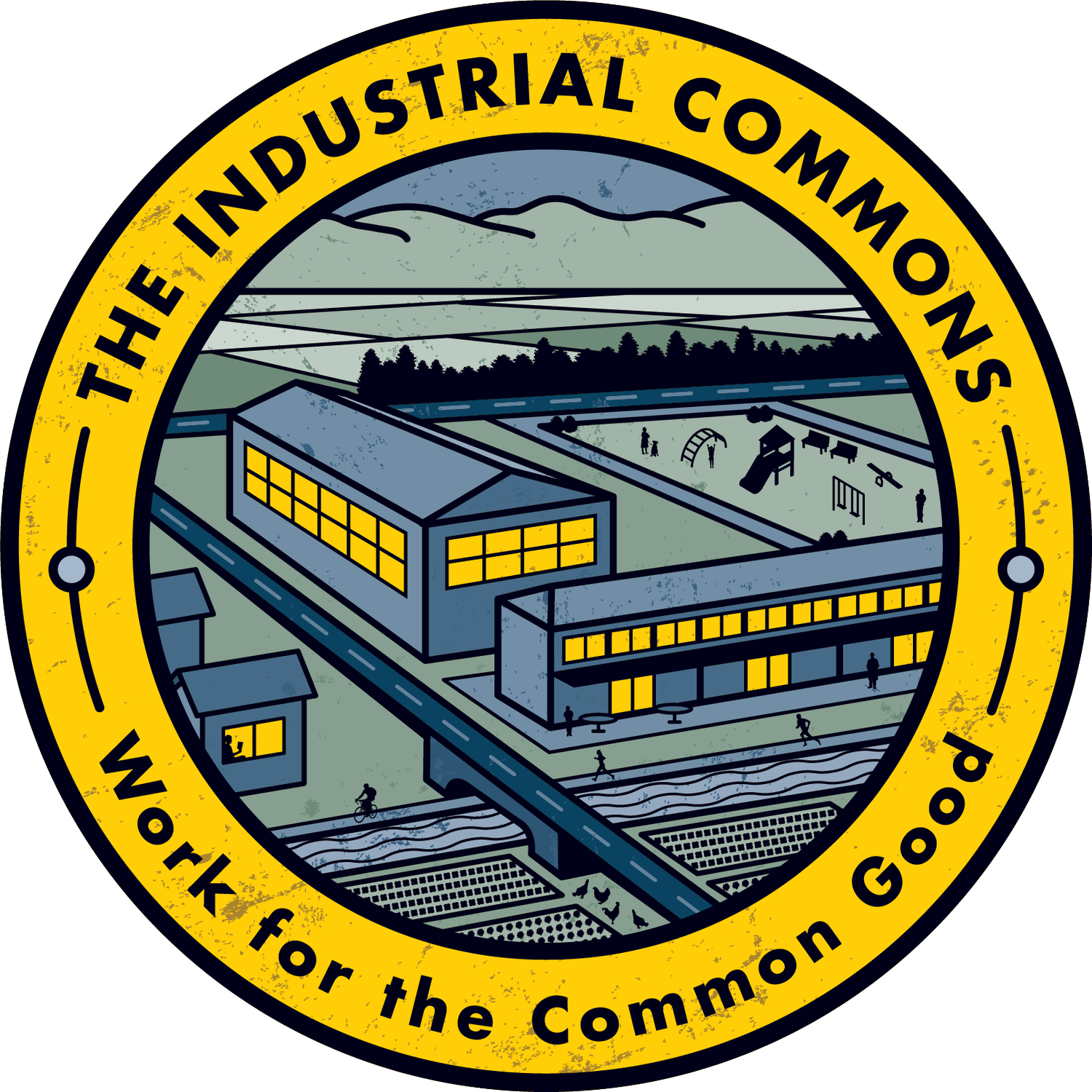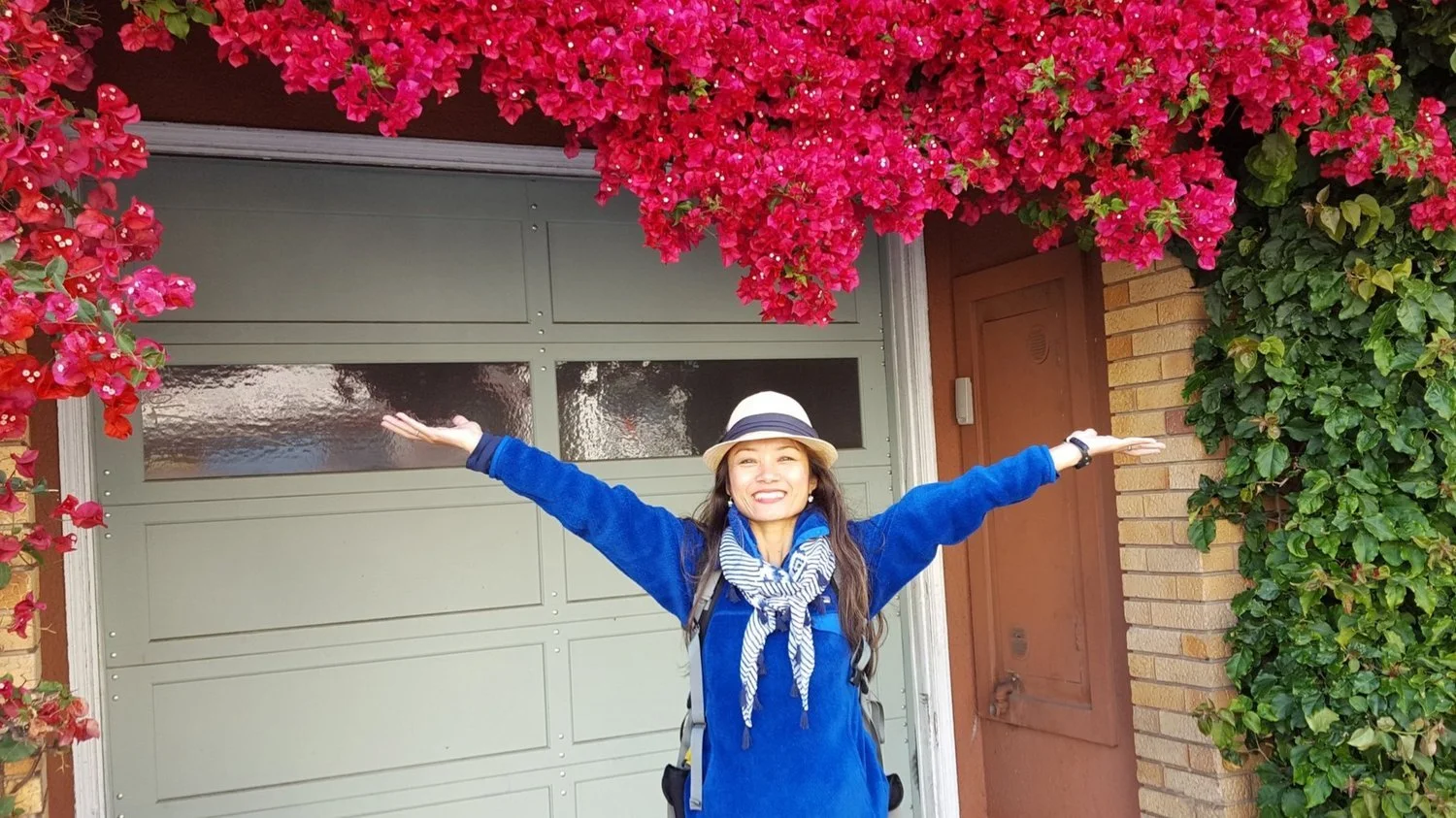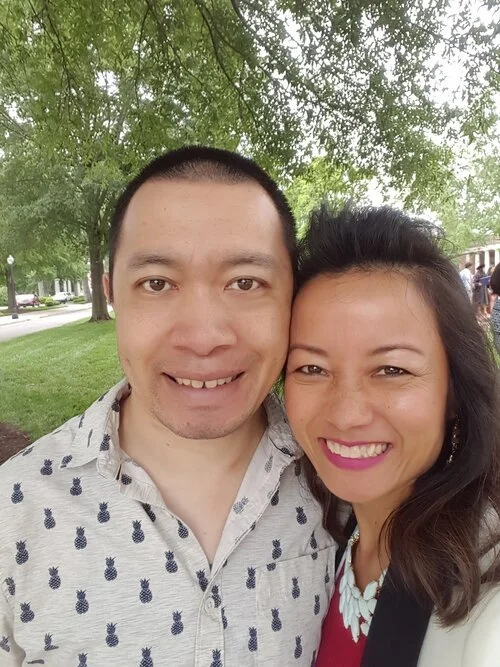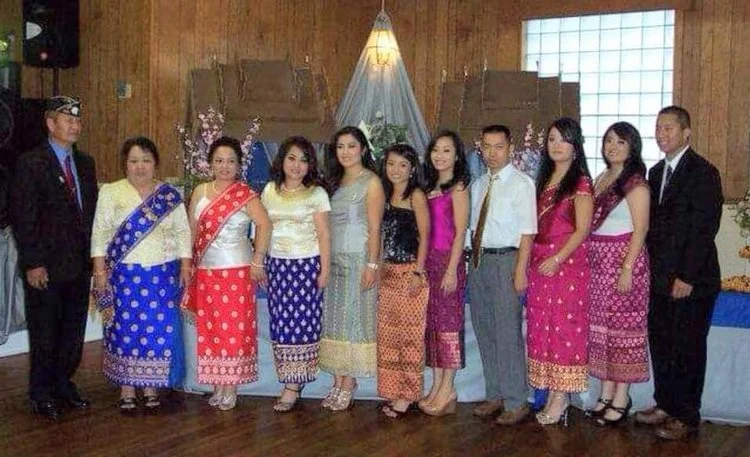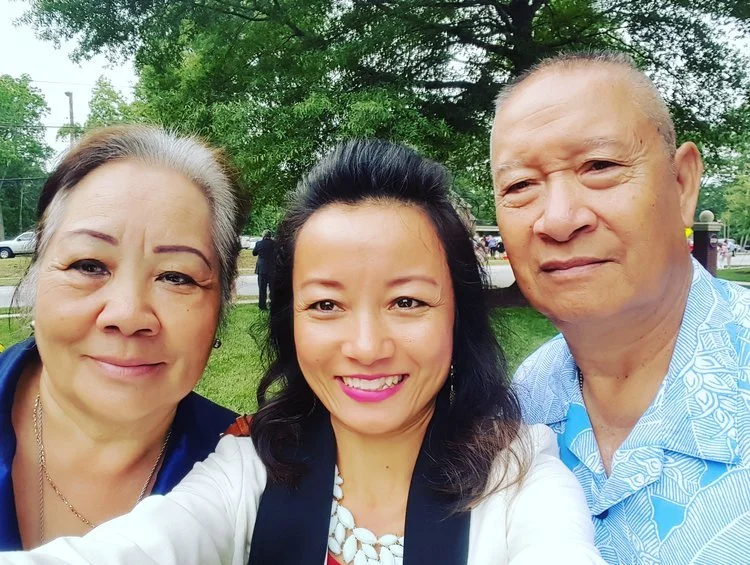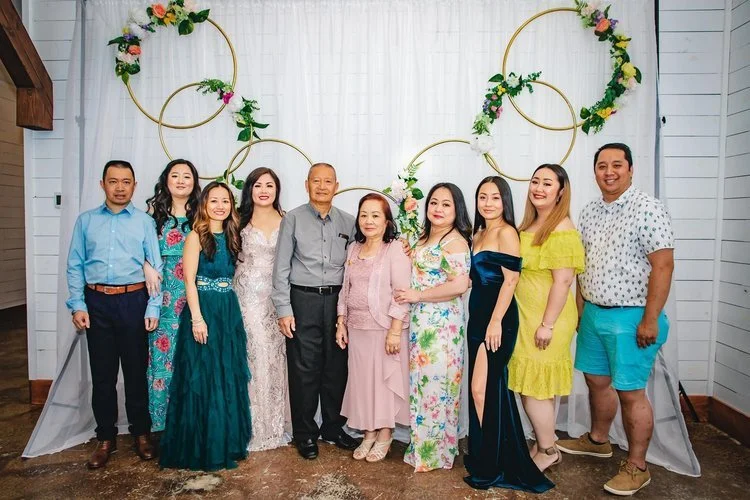Hmong-Laotian American Experience in Burke County
Overview
Burke County is home to a significant population of people who immigrated from Laos, Thailand, Vietnam, and Cambodia. While each country represents people groups with unique cultures, a majority of the immigrants here are from Laos of ethnic Hmong and Laotian groups. Laotian is the ethnic majority in Laos and Hmong are an ethnic minority. Both are political refugee groups that started immigrating to the US in the late 1970s. The Hmong, and some Lao, served as the CIA’s frontline soldiers in the “Secret War”, the Lao theater of the Vietnam War.
Hmong trace their origins to ancient China around the Yellow and Yangtze River Deltas, and Laotian are native to Southeast Asia - making up 53% of the population mostly concentrated in the lowlands of Laos.
For a deeper dive into Laos’ history, click HERE.
In the early 1990s, to get off government assistance, many Hmong and Laotian began looking for job opportunities. Unable to apply their rural lifestyle to their new metropolitan homes in California, Minnesota, and Wisconsin, many started looking to re-settle on the east coast. North Carolina was an attractive option due to a large number of jobs in textile and furniture. Additionally, the beautiful mountains were a peaceful lure to those who missed Laos. Today, there are over 10,000 Hmong in Western North Carolina and about 40 Laotian families in Burke County. A large majority have settled in Morganton, Hickory, and the Charlotte area. Today, Hmong and Laotian work in all industries from manufacturing, healthcare, and the trades. They are also business owners and entrepreneurs.
Hmong-Lao in Burke County | As seen through…Phetoudone Nivanh
Storytelling can bridge boundaries and hearts, connect us to one another, and aid in the understanding of our individual or collective purposes in life. Sharing them can serve as a magic medicine for life, encourage us to challenge ourselves, or give us permission to forgive those who have wronged us. Learning how to connect with others takes time and requires the art of listening and compassion building; as you read my story below, I hope it will spark you to share your own.
—Pat Nivanh
My name is Phetoudone Nivanh. I am Asian American and one of nine children in my family. I was born in Xieng Khouang Province, Laos to a Hmong mother, Oneia Vue, and a Laotian father, Thoum Nivanh. My mother was a merchant while my father served in the Royal Lao Army as a nurse.
After the Vietnam War, Laos fell to communist forces and my family fled the country in 1983. We found refuge in neighboring Thailand after being smuggled across the Mekong River. We lived in a Thai refugee camp for two years before my mother’s Hmong relatives in Colorado sponsored us - they had fled Laos a couple years earlier. After a few years there, we moved to North Carolina in 1993 for job opportunities and for the geographical resemblance of Laos in Western North Carolina. Both my parents worked in factories making minimum wage while all the children attended the public schools and colleges in North Carolina. My family is not wealthy but we work hard to earn what we have. This is but a brief summary of my family's epic journey and how we ended up in Burke County.
One of my greatest triumphs is being the first in my family to graduate with a college degree. As a result, I have had the privilege to be able to work as a deputy clerk and to be able to treat students to dinner as an appreciation for their help with summer camps. On the other hand, I have faced many instances of racism. One example is when a client did not want me to assist with their estate work because I “would not have the knowledge to help” her and she “wanted [my] white colleagues to help [her]”. In other employment, I faced multiple red tapes when I tried to promote cultural diversity. Through the mist of these challenges, a passion was born inside of me as a result of the racism, class structures, economic status, and gender issues I had faced or witnessed. I wanted to expose students to other cultures and ideas and prepare them for college, and I would work hard to make it happen.
I want diversity and inclusion to be meaningful and not something that those in power promote on the surface but not in practice. The barriers I faced have fueled more determination in my soul to never give up. One door may close but I know somewhere another door will open for me and others too. And we can start by embracing and telling our own stories first.
Phetoudone Nivanh
Bounthanh and Phetoudone Nivanh
Nivanh Family
Oneia Vue and Thoum with Phetoudone
Nivanh Family
